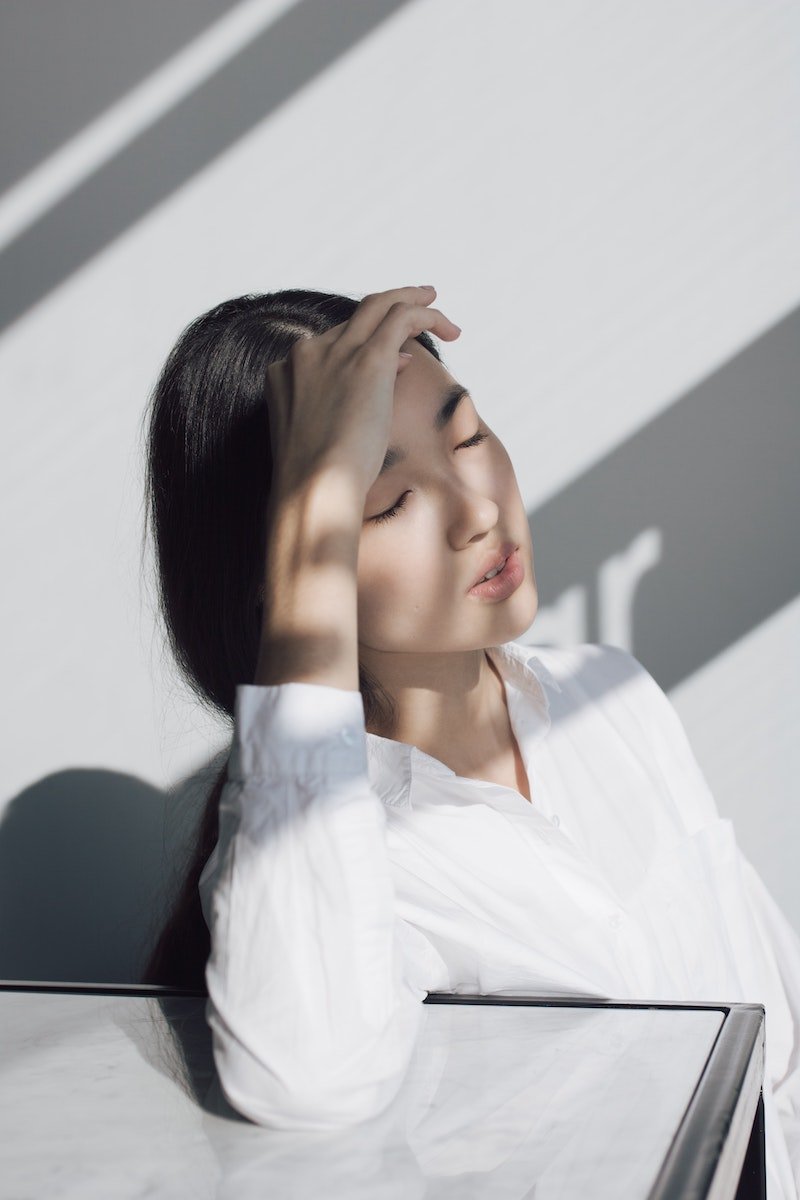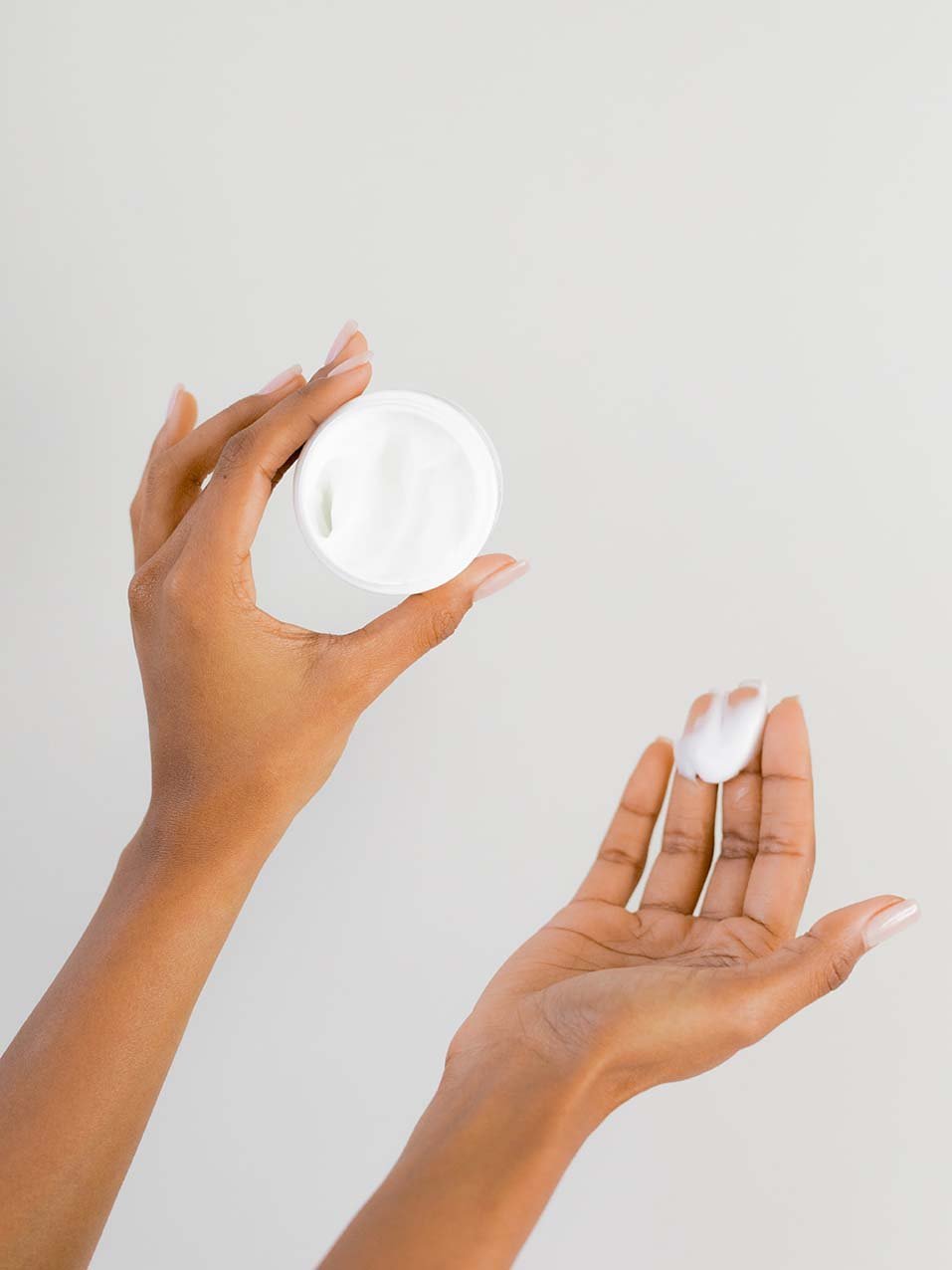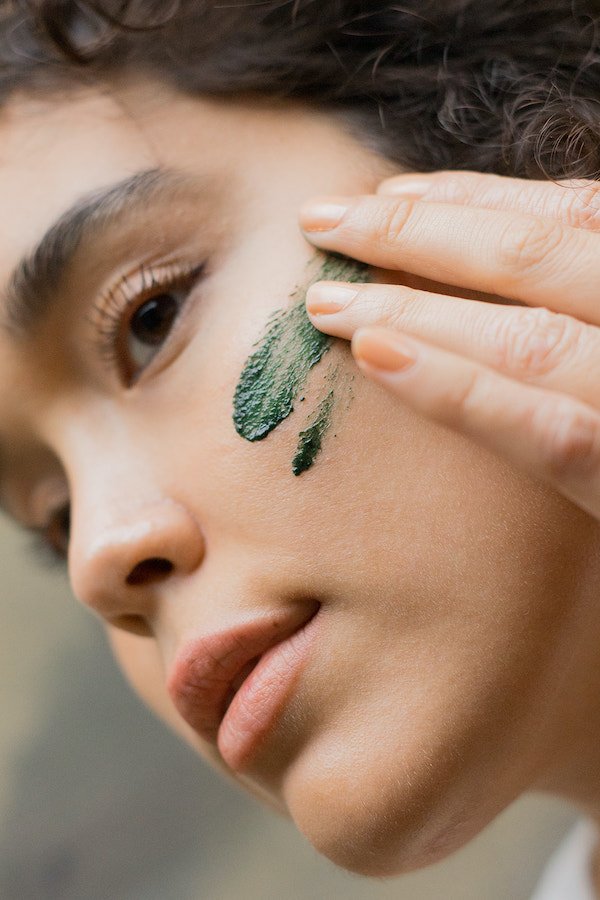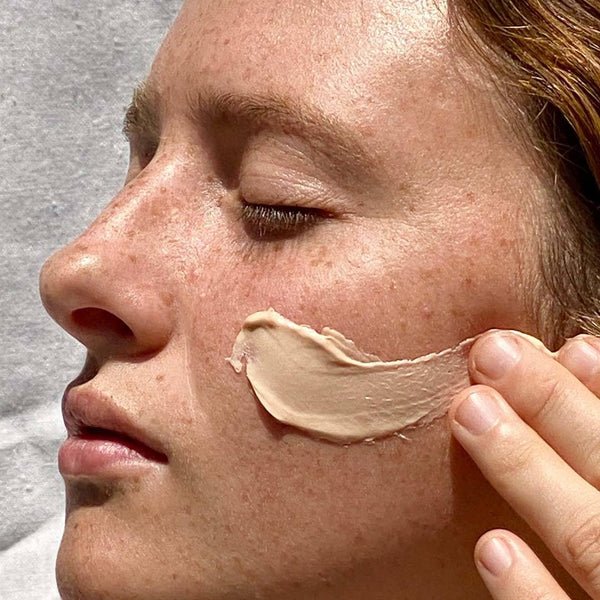
Does Getting Cosmetic Surgery Mean My Beauty Isn’t Natural? It’s Complicated.
Throughout my 20s, I’ve spent a lot of time thinking about how to get double eyelids.
Usually, after declaring that, I back up and include all my justifications and asterisks: I (likely) would never go under the knife. I (likely) would never look up a surgeon, research surgery risks, shell out the money, and then embrace a new look (and all the questions) from my peers. Yet, when I wake up in the mornings, when I’m patting primer on my eyelid before doing the cursory sweep of black eyeshadow, the thought flits by.
I can easily say that, living in a beauty culture that lacks inclusion and representation, I’m a byproduct of the beauty expectations Hollywood has pushed onto me, and the ones I’ve chosen to consume. (I guess looking back, Nelly in Gossip Girl did have monolids, but let’s face it, she was never the “it” girl.)
Fast forward and, as I’ve grown more, I’ve done a lot of work to reclaim my experience as an Asian American. It’s been a journey in self-love, learning to see myself the way that my faith informs: perfect as my Creator made me. Learning how to do makeup without “blending into my crease” helps, but also, I’ve come to love my monolids the same way I love my mother’s monolids, which twinkle when she smiles and I’ve never once thought ugly.
Even still, I think about what it’s like to have double eyelids.
“I’ve still wondered how to reconcile the two concepts, and where the line between ‘natural’ and ‘artificial’ beauty lies.”
Recently, I’ve watched as an increasing number of friends have ventured further into getting semi-permanent beauty procedures done. Part of this is to be expected: aging is only human, and we 20- and 30-somethings want to externally show we’re living the “best decades of our lives.” Now, everything from laser hair removal to microbladed brows and lash extensions, even semi-permanent BB cream or tattooed makeup, is becoming normalized.
Though not quite holding the gravity of a permanent cosmetic surgery, I’ve still wondered how to reconcile the two concepts, and where the line between “natural” and “artificial” beauty lies. I’ve wondered whether even thinking about double eyelid surgery goes against everything I believe in: seeing myself as wonderfully created, valuing natural beauty, and refusing to buy into mainstream beauty culture just because it’s mainstream.
Where does the narrative of loving our natural bodies—no matter their shape or size—fit into a world gravitating towards beauty alterations, semi-permanent or permanent?
“As our external beauty begins to settle into creases and laugh lines like a practiced piece of origami paper, my definition of beauty has needed to change, too.”
Maybe these ponderings about beauty are just part of being a young adult, and even older news to those in their 40s, 50s, and beyond. After all, procedures like Botox and fillers have been around for decades and are commonplace, especially in image-conscious cities like Los Angeles. In Korea, double eyelid surgery is one of the most common cosmetic surgeries and even considered a “rite of passage.” Yet, as our external beauty begins to settle into creases and laugh lines like a practiced piece of origami paper, my definition of beauty has needed to change, too.
Unfortunately, we still live in a culture in which skin-deep beauty matters too much, and as research shows, will take you farther in life because of the “halo effect,” otherwise known as the logic of thinking that if someone is beautiful, they must also be smart and successful.
It’s understandable that some people will want to get semi-permanent or permanent cosmetic alterations to tap into the potential of a better life. Still, I’ve come to learn that we don’t have to shun “plastic beauty” in the same way Korean gossip sites will laud an actress’s beauty as natural and hence superior to those who have decided to go under the knife.
Beauty culture, like any culture, is created by individual values, customs, and behaviors, which means we have the power to change it. Instead of thinking of cosmetic surgery as the opposite of someone with natural beauty, I tend to remember what someone once wisely told me in a moment of insecurity: beauty is that which captivates the mind. That’s independent of whether I have monolids or double eyelids.
“Beauty is that which captivates the mind. That’s independent of whether I have monolids or double eyelids.”
With or without cosmetic surgery, I’m learning that asking if external beauty is “natural” isn’t necessarily the right question. Perhaps by redefining beauty for ourselves, a person’s spirit rather than their appearance will be naturally beautiful, no matter if they’ve had cosmetic surgery or not.
Alice Zhang is a California-grown writer thinking on the things shaping urban living, the modern woman, and living a conscious life of impact in light of a bigger world. A graduate of Northwestern University’s j-school, she spent time abroad working with a microfinance project in Peru before transitioning into a 9-5 in the global development sector. Follow her latest creative endeavors and musings on Instagram at @alice.zhng




